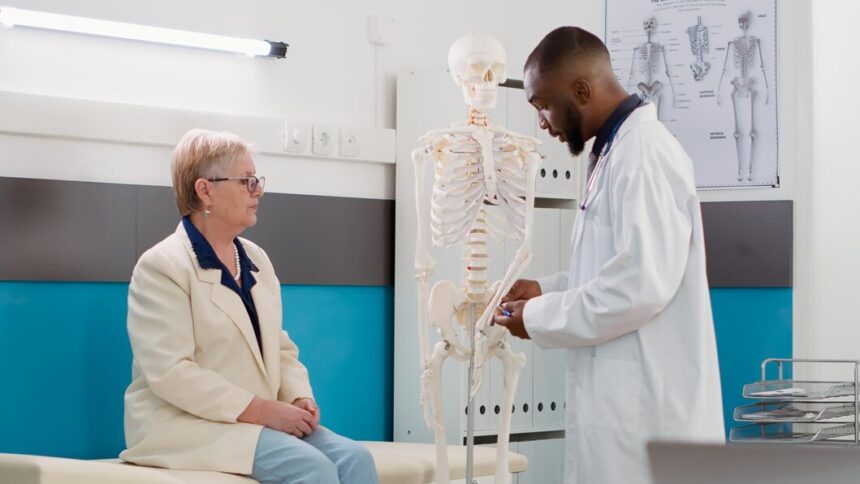Bone cancer, though relatively rare compared to other types of cancer, can be a serious and potentially life-threatening condition. It can originate in the bones (primary bone cancer) or spread to the bones from other parts of the body (secondary or metastatic bone cancer). Recognizing the early signs and symptoms of bone cancer is crucial for prompt diagnosis and treatment. Here’s an overview of the key early indicators to watch for.
Understanding Bone Cancer
Bone cancer refers to malignancies that affect the bones, and it can be classified into several types, including:
- Osteosarcoma: Common in adolescents and young adults, typically affecting the long bones.
- Ewing Sarcoma: Often found in children and young adults, usually starting in the pelvis, ribs, or long bones.
- Chondrosarcoma: Generally occurs in adults, developing in the cartilage cells.
- Multiple Myeloma: A cancer of the plasma cells in the bone marrow that can cause bone damage.
Early Signs and Symptoms
- Persistent Bone Pain: One of the most common early symptoms of bone cancer is persistent pain in the affected bone or joint. This pain may initially come and go but can become constant and worsen over time.
- Swelling and Tenderness: The area around the tumor may become swollen, tender, or warm. Swelling might be noticeable as a lump or mass near the bone or joint.
- Bone Tenderness: The bone affected by cancer may become tender to the touch. This tenderness can occur even without significant physical trauma.
- Limited Range of Motion: Bone cancer can lead to a decreased range of motion in the affected limb or joint. This restriction may make it difficult to perform routine activities or movements.
- Fractures: Bones weakened by cancer are more prone to fractures, sometimes occurring with minimal or no trauma. Fractures that heal poorly or do not seem to improve with treatment may be a sign of underlying cancer.
- Unexplained Fatigue: Fatigue and general weakness are common symptoms associated with many cancers, including bone cancer. This can be particularly noticeable if it persists despite adequate rest.
- Unexplained Weight Loss: Significant, unexplained weight loss can be an indicator of cancer. This weight loss often occurs in conjunction with other symptoms.
- Fever and Night Sweats: Though less common, bone cancer can sometimes cause systemic symptoms like fever and night sweats. These symptoms might be associated with more advanced stages of the disease.
- Unusual Lumps or Masses: A visible or palpable lump in the bone or soft tissue, often near the joints or along the long bones, can be an early sign of bone cancer.
Diagnosis and Treatment
If bone cancer is suspected based on symptoms, medical evaluation will typically include:
- Imaging Tests: X-rays, CT scans, MRIs, or bone scans can help identify tumors, assess their size, and determine their location.
- Biopsy: A biopsy involves taking a small sample of the bone tissue to be examined microscopically for cancer cells.
- Blood Tests: While not definitive for bone cancer, blood tests can help assess overall health and identify any abnormalities.
Treatment options for bone cancer depend on the type, stage, and location of the cancer, and may include:
- Surgery: To remove the tumor and possibly reconstruct the affected bone.
- Chemotherapy: To kill cancer cells, especially for tumors like osteosarcoma and Ewing sarcoma.
- Radiation Therapy: To target and destroy cancer cells, particularly in cases where surgery is not feasible.
- Targeted Therapy: For certain types of bone cancer, specific drugs may be used to target cancer cells more precisely.
Early detection of bone cancer is critical for effective treatment and improving outcomes. Awareness of the early signs and symptoms—such as persistent pain, swelling, tenderness, and unusual lumps—can lead to timely medical evaluation and intervention. If any of these symptoms are present, particularly if they persist or worsen, it is important to seek medical advice for a thorough evaluation. With early diagnosis and appropriate treatment, many individuals with bone cancer can achieve better outcomes and improved quality of life.










